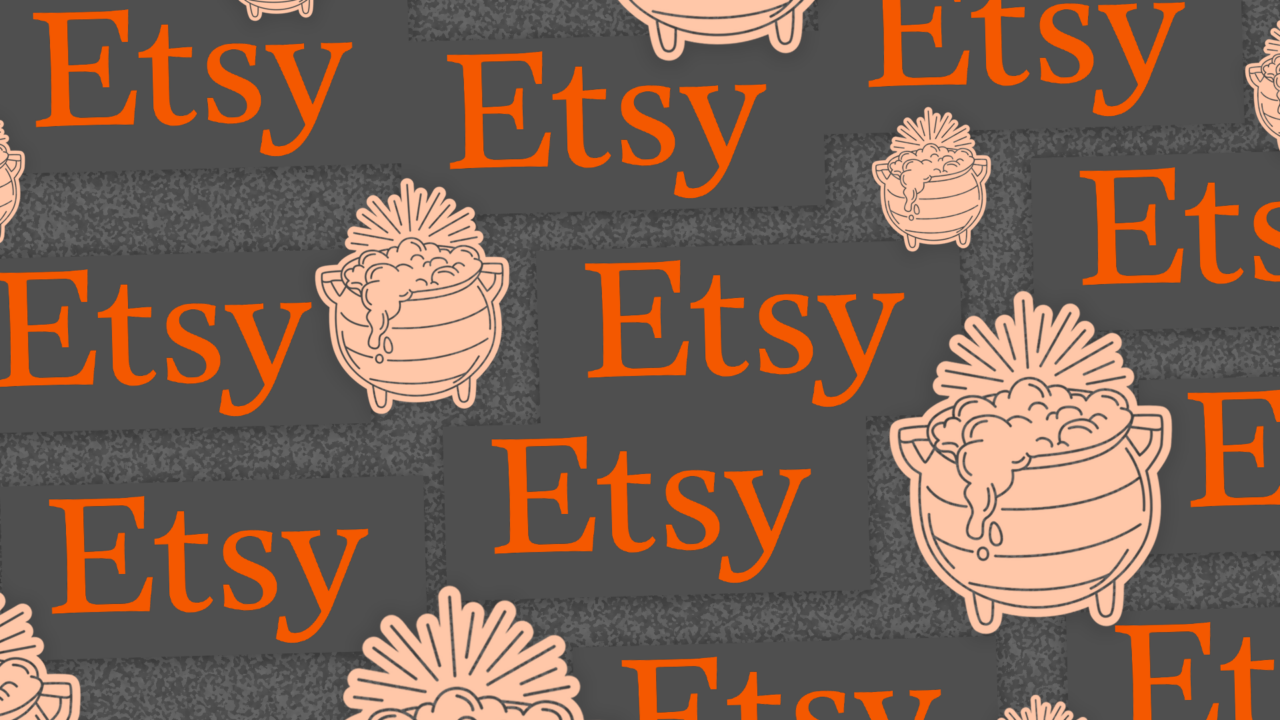The phenomenon isn’t as uncommon as you might think.
Like many individuals, Riley Wenckus felt distraught and disempowered in the aftermath of Trump’s re-election. Wenckus was particularly furious at Elon Musk, the billionaire owner of X, and the key role he’d played in Trump’s victory.
So she turned to an unconventional solution: Wenckus paid $7.99 to an Etsy witch to curse Musk. In a viral TikTok, she shouted, ‘Elon motherf***ing Musk! I just paid an Etsy witch to make your life a living hell!’ Five million views later, the video’s audio is being used by others to promote their own spell-casting services.
‘I was feeling really existential about what I can do’ Wenckus said. ‘You know, he is the richest man on Earth.’
Hiring witches on Etsy isn’t as niche as it sounds. The platform has long been a hub for the weird and handmade, but its thriving market for magical spells is surprising. Listings for curses, blessings, and sigils sit alongside tea cozies and pet portraits, all rated with glowing five-star reviews.
Wenckus’ decision to hire a witch also speaks to a desire to prop up other creators online, an ideology that has bolstered Etsy’s success.
‘I really just love the idea of supporting a small business and sending ill will to someone I hate,’ she told Wired.
While Etsy officially banned spells and metaphysical services in 2015, the ban is barely enforced, and business is booming.
Witchcraft-for-hire is thriving because it taps into something deeper: anger, powerlessness, and the craving for control. Billionaires like Musk dominate the news cycle, influence elections, and shape the digital space, often in ways that feel untouchable.
Hiring a witch may be absurd, but it’s a tiny symbolic act of rebellion.
Voting for Trump is voting for Mars!
Unless we stop the slow strangulation by overregulation happening in America, we will never become a multiplanetary civilization. https://t.co/IWeGnpPwhF
— Elon Musk (@elonmusk) October 19, 2024
Etsy witches like ‘Nick the Alchemist’ sell spells for everything from “fast cash” to confusing enemies or attracting love. Most cost under $50.
This transactional approach raises questions: can magic retain its meaning when reduced to a commodity? The point of magic has always been to transcend the physical world, not become a product within it. Yet here it is, monetized, branded, and delivered via email.
And it’s working. Etsy, which generated $307 million in profit last year, thrives on niche offerings. Spells for love or revenge are just another product category. It’s easy to mock, but it’s also clever.
In the face of mass production, selling magic – something intangible, ancient, and deeply personal – feels like a logical extension of Etsy’s ethos.




















